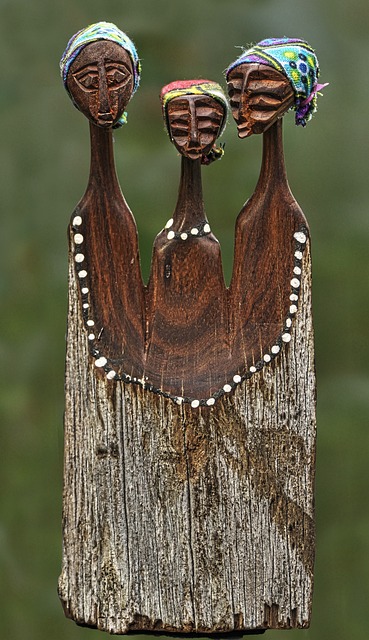
In the digital age, communication is more accessible than ever. From videos to blog posts, the range of media at our disposal seems limitless. However, among all these tools, podcasts have emerged as an incredibly compelling and intimate way to bridge gaps, tell stories, and connect communities. One such gap being diligently addressed through this medium is the chasm between African diasporic communities and their roots. By leveraging podcast software, creators from the diaspora are ensuring their stories reach a wider audience, illuminating shared experiences and unique perspectives.
For many in the African diaspora, the journey of tracing their roots and understanding their heritage is fraught with challenges. From accessing historical records to navigating the complexities of identity in a foreign land, the path is far from straightforward. Podcasts, with their conversational and intimate nature, serve as a beacon of light in this quest. By chronicling personal stories, historical insights, and engaging discussions, they have become a conduit for connection, understanding, and cultural preservation.
Several podcast creators use podup.com for their hosting and distribution needs. This platform offers tools that streamline the podcasting process, from recording to publishing, enabling more voices to be heard. And as we’ve seen, these voices are doing more than just talking; they’re bridging divides and fostering deeper connections.
Let’s delve into why podcasts are particularly potent in bridging the diaspora divide:
- Authentic Storytelling: Podcasts, unlike other media, rely heavily on the genuine voice of their hosts. There’s no need for polished visuals or scripted dialogues. This raw authenticity allows listeners to connect with the storyteller on a personal level, facilitating deeper engagement.
- Accessibility: Podcasts can be consumed anywhere, at any time. Whether on a commute, during a workout, or even as a bedtime story, they offer flexibility unmatched by other media. This means that someone in Nigeria can be listening to the same episode as someone in New York, simultaneously creating a shared experience. And with top podcast platforms facilitating easy access, this global community only grows stronger.
- Diverse Perspectives: The diaspora, by nature, is spread across continents. The stories and experiences of an African in Europe might differ from those of another in the Americas. Podcasts capture these nuances, enabling a broader understanding of the diasporic experience.
- Education & Enlightenment: Many podcasts go beyond personal stories. They delve into history, art, music, and various aspects of African culture. For listeners, both from the diaspora and outside, this serves as an educational journey, revealing the rich tapestry of African heritage.
- Community Building: Listeners often become active participants. Through comments, discussions, and feedback, they contribute to the narrative. This interaction fosters a sense of belonging and community, critical for those often feeling disconnected from their roots.
Platforms like podup.com play a crucial role in this narrative by simplifying the process for creators. From analytics to storage, they provide the necessary tools, ensuring that the creators focus solely on content, without getting bogged down by technicalities. This ease of use has democratized podcasting, leading to an explosion of content that caters to a variety of interests and niches within the diaspora.
As podcasts continue to rise in popularity, it’s heartening to see them play a vital role in reconnecting the African diaspora with its roots. They’re more than just digital recordings; they’re a movement, a community, and, most importantly, a bridge. Whether it’s a Ghanaian in London exploring her Ashanti roots or a Kenyan in Melbourne seeking to understand the intricacies of the Swahili coast, podcasts, facilitated by platforms like podup.com, ensure these voices are not just heard but celebrated.
In conclusion, in the vast digital expanse, these voices from afar resonate, connect, and uplift, proving that no matter the distance, stories have the power to bring us closer.